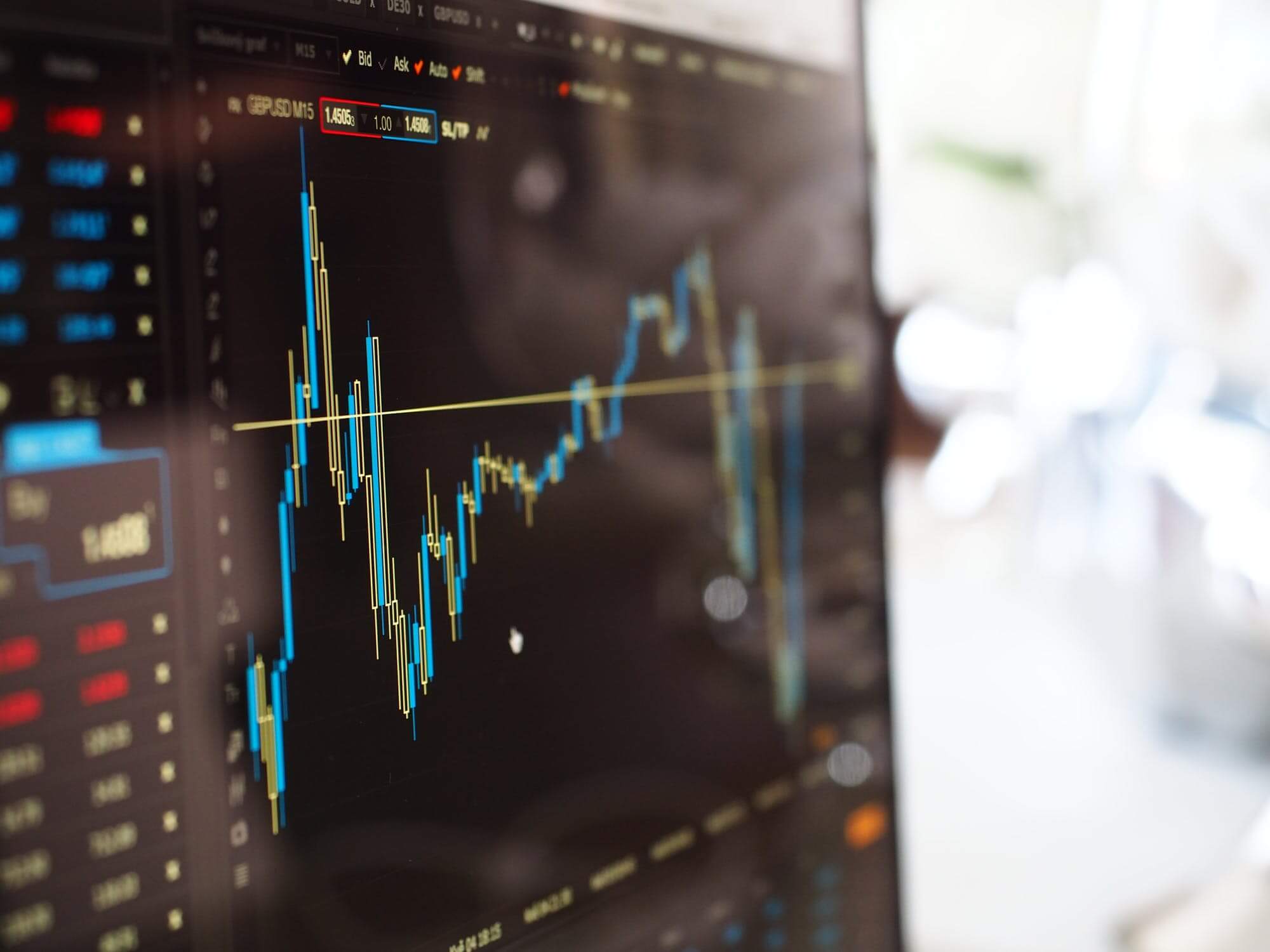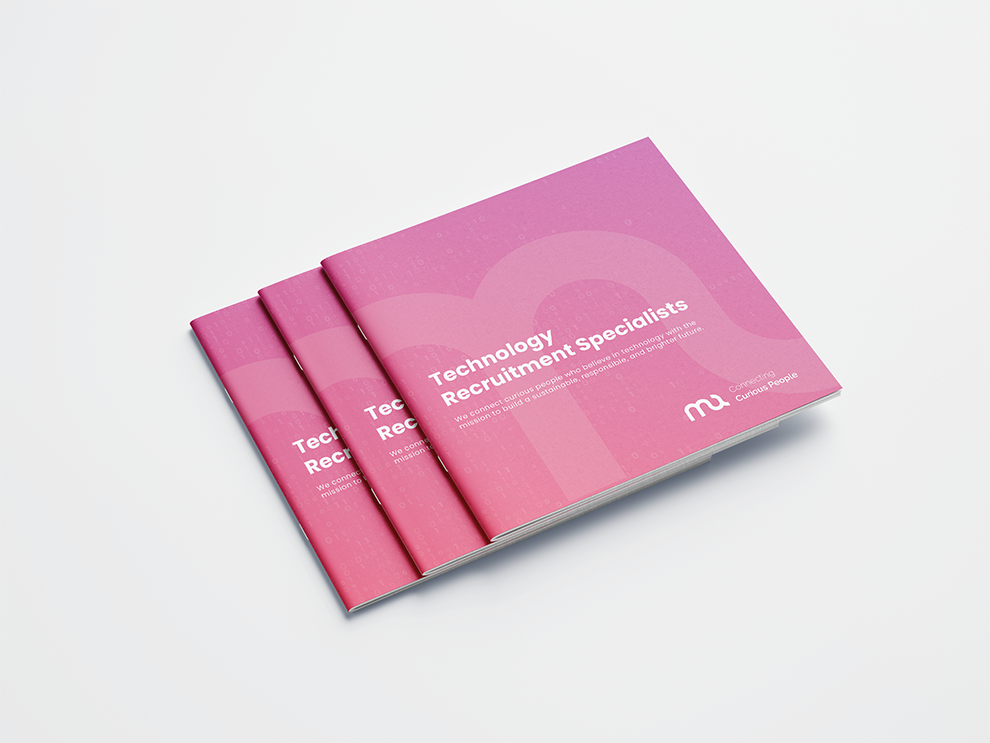Predicting, Tracking & Containing: Big Data & AI's Crucial Role
05 Jun, 202020 minsAs Governments carried out social distancing and quarantine practices to contain the pandemi...

As Governments carried out social distancing and quarantine practices to contain the pandemic’s effects, the World is certainly experiencing an economic crisis like no other. Its speed and magnitude forced us to put our lives on stand by.
While a demand for certain services and products have grown since the pandemic, other industries have been heavily impacted, resulting in furloughs and hiring freezes. Stats say that in the United States alone, almost 10 million jobs have been lost in the past month.
Even though the sanitary emergency is likely to be temporary, we can predict that the economic impacts will be long-lasting, and many companies will have the only mission of surviving.
On the other hand, many are taking this as a chance to focus on how to prepare and emerge from it with a better and more stable business model. This is where Big Data’s contribution comes into play...
Besides the Big Data struggles in the efforts to forecast the exact impact of Covid - it has certainly demonstrated to be one of the most efficient tools to prevent the virus’ spread. And it is widely claimed by the tech community that organisations which heavily invested in the use of Big Data & AI seem to be more aware of what they can expect in the next months, predicting and securing themselves a seat at the after-crisis scenario.
How can Big Data & AI redesign the way essential services are delivered and preserve the functions of our economy?
Several examples showed us the contribution of Big Data and AI: Predicting whether workplaces and businesses considered as “non-essential” should reopen, the shift in consumer behaviours trends resulting in their ROI - and with the summer upon us and the need to get back back to “the new normal” - using AI & drones to control beaches capacities and whether targeted isolation is necessary.
Essential businesses such as insurances have fastly adapted to the current restrictions. A brilliant initiative carried out by KPMG Spain meant enabling them to estimate a claim or accident in private houses by using image recognition models, rather than needing the onsite assistance.
We must remember that - setbacks however difficult they may be – always represent a new begining. If we look back at the 2008 crisis, many entrepenours emerged with disruptive ideas, creating some of the most memorable brands of the past decade.
So, what can we learn from all this?
Data-driven business are adapting to the crisis more efficiently than others. It is essential to embrace the shifts that the pandemic has introduced and develop digital transformation approaches.
I have been largely recruiting solely across Data, Analytics & Product across Europe and I became aware of the importance for company’s to not only have technically strong employees – but to be pragmatic and gain a strong business understanding by using advanced analytics. I am always pleasantly surprised to see how companies - after expanding their data teams’ size or even built them from scratch - have been able to grow and improve their domestic product and services by monetizing data and getting a better understanding of their value.
Here to help:
Either if your are a professional looking for new opportunities or a company looking forward to hiring new data professionals, reach me out at:
Email: g.busetto@montrealassociates.com
Phone: +34639055950
I am always keen to make new connections and more importantly,
Good luck to everyone!
“Prosperity is a great teacher; adversity is a greater. Possession pampers the mind; privation trains and strengthens it.” - William Hazlitt.



